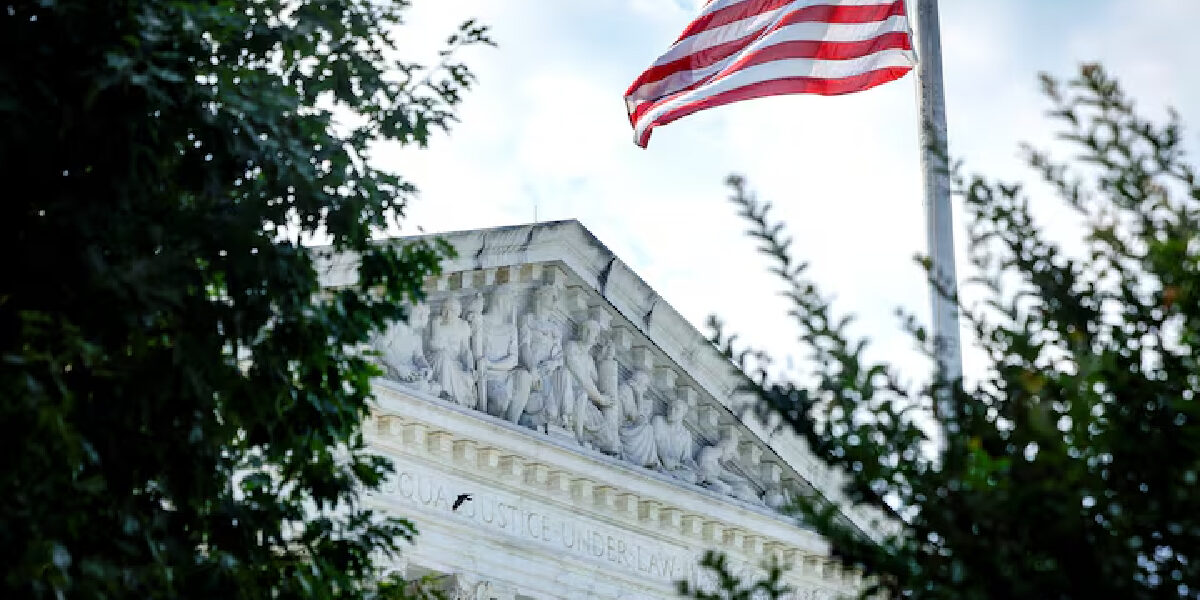The U.S. Supreme Court is set to hear arguments on Tuesday in a major free speech case challenging Colorado’s ban on “conversion therapy,” a controversial practice aimed at changing a minor’s sexual orientation or gender identity.
At the heart of the case is Kaley Chiles, a Christian licensed counselor, who argues that Colorado’s 2019 law violates her First Amendment rights by restricting what she can say to clients during therapy sessions. Chiles claims the state is attempting to “silence and marginalize” religious views about sexuality and gender.
The state of Colorado, however, insists that the law regulates professional conduct, not speech, and was enacted to protect minors from harm caused by a practice widely discredited by medical experts.
The dispute places the Supreme Court’s 6-3 conservative majority squarely in the middle of America’s ongoing cultural and political battles over religion, sexuality, and government regulation.
Background of the Law
The measure, signed in 2019 by Democratic Governor Jared Polis, the first openly gay man elected governor in the U.S., makes it illegal for licensed mental health professionals to engage in therapy intended to change a minor’s sexual orientation or gender identity. Each violation can result in fines of up to $5,000.
While the law bans attempts to eliminate same-sex attraction or alter gender expression, it still allows counseling that supports “acceptance and understanding” or assists in gender transition.
Chiles’ Legal Argument
Chiles, who says she believes “people flourish when they live consistently with God’s design,” sued Colorado officials in 2022, arguing that the ban unfairly targets her faith-based counseling. She is backed by the Alliance Defending Freedom (ADF) — a conservative Christian legal group that has previously won Supreme Court cases on behalf of business owners refusing services for same-sex weddings.
Her legal team contends that the law imposes content-based restrictions on speech and should be subjected to strict scrutiny, the highest level of judicial review.
Lower Court Rulings
In 2022, U.S. District Judge Charlotte Sweeney, appointed by President Joe Biden, ruled against Chiles, finding that the ban was a valid regulation of professional conduct and that conversion therapy had been proven ineffective and harmful.
The 10th U.S. Circuit Court of Appeals upheld that decision, leading Chiles to appeal to the Supreme Court, which is expected to issue a ruling by June.
Broader Context
Colorado is one of more than 20 states — plus the District of Columbia — that have enacted laws restricting or banning conversion therapy for minors. The American Psychological Association and other medical groups have warned that the practice can lead to severe mental health consequences, including depression, self-harm, and suicide attempts among LGBTQ youth.
The Trump administration has expressed support for Chiles, marking another instance where federal officials have sided with religious liberty arguments against LGBTQ protections.
The case arrives as the Court prepares to hear additional disputes over LGBTQ rights during its current term — including challenges to state bans on transgender athletes and other restrictions related to gender-affirming care.
Last term, the Court’s conservative majority upheld Tennessee’s ban on gender-affirming medical care for minors and allowed parents to opt children out of classes featuring LGBTQ-themed storybooks. It also allowed Trump’s military ban on transgender service members to stand.
With Tuesday’s hearing, the justices will once again face the difficult task of balancing religious freedom, free speech, and the state’s duty to protect vulnerable minors — a decision likely to have wide-reaching implications across the nation.
